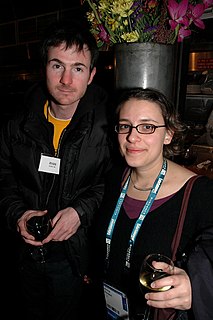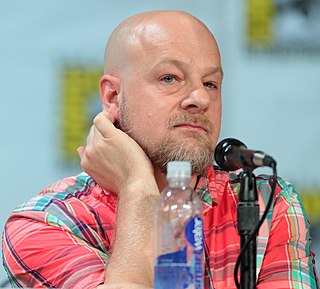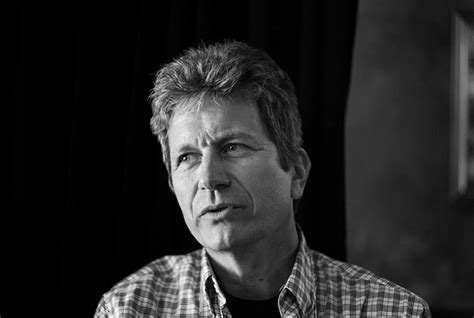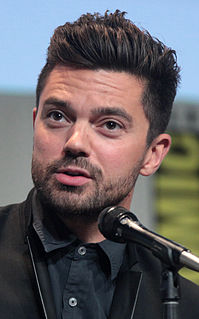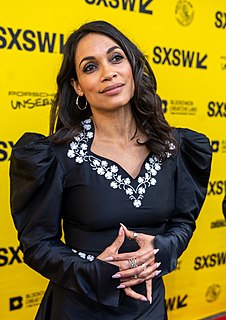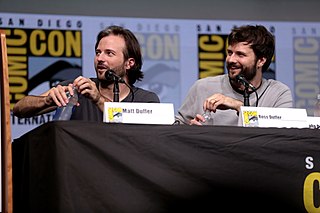A Quote by Ryan Fleck
Film has a magical process to it. The dailies, and the thing you see on your little film monitor, that's not the same thing that's going to be projected.
Related Quotes
I don't do commentaries on films because A) I'm not very good at it and B) it's an odd thing that I discovered, on my first film, that you go through this really intense experience of making a film and then you sit in a little room with a monitor and you reduce the thing to a bunch of silly anecdotes. It's really unfulfilling and I've never really enjoyed listening to them anyway, so I just don't do them.
If you are able to see on a monitor what it's actually going to look like and have that kind of feedback informing your decisions, then you're bringing back a lot of the decision-making process of the designer, the director of photography and the director away from the post-production process and bringing it back into the actual capturing of the event on film.
I'll tell you a little fun fact about the film, though. Me, the little boy playing Chip, Emma Thompson, and Emma Watson, all have the same birthday. We were all in on the same day and they all sang us "Happy Birthday." That will never happen in my life again: Four of us having the same birthday on the same film, and we're all in on the same day. It was an extraordinary thing.
In any film business, if you're trying to get your next film made, you would never say, 'Oh, my last film was a cult film.' I'd say, 'Oh, great, well I hope this one isn't!' I always say to Johnny Knoxville, 'How do you do it? You sort of do the same thing we did, except you made millions, and I made hundreds.'
Doing a film with your friend is probably the best way to end that friendship but we worked together really well. We just have that thing. Chemistry is something that... I just think it is the last thing in Hollywood, the last magical thing they haven't computerised. There's nothing you can do about it - it's either there or it's not and it doesn't matter if you're friends or not. It was just a bonus that we were.
We had this idea, and I think a lot of people did going in, that you can make some short film and it's going to get industry attention and that's going to be your thing. And it was only later on at school that we realized that's very rare that a short film is going to capture the attention of anyone.
Film is more than the twentieth-century art. It's another part of the twentieth-century mind. It's the world seen from inside. We've come to a certain point in the history of film. If a thing can be filmed, the film is implied in the thing itself. This is where we are. The twentieth century is on film. You have to ask yourself if there's anything about us more important than the fact that we're constantly on film, constantly watching ourselves.
